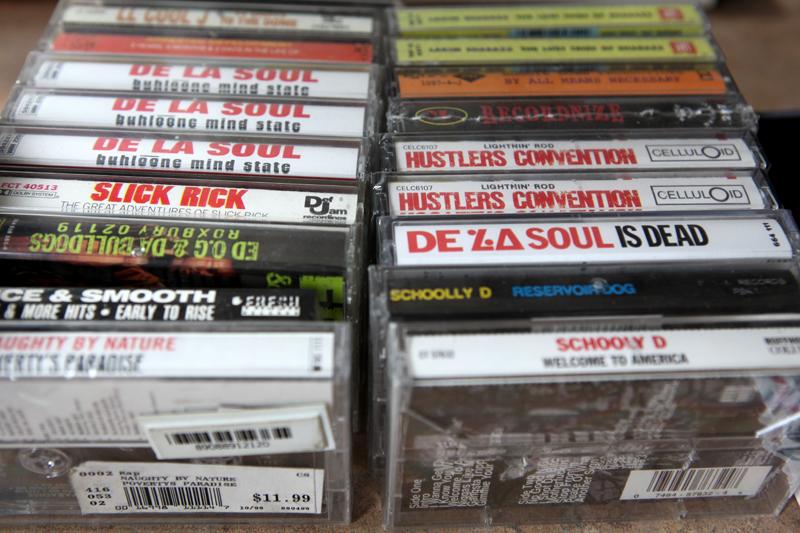
“Not only did they take that Ice-T record off the market, they got rid of him.”
At least, that was the take of journalist Playthell Benjamin on the December 12, 1993 episode of On the Media, when host Alex S. Jones and his guests took on gangsta rap. Ice-T and his rap/metal group Body Count had released the song “Cop Killer” the year before, and police, politicians, and many in the media had successfully pressured Warner Bros. Records to pull the album and drop him from their roster.
For a brief moment, some common ground was found on the radio, as Benjamin joined First Amendment absolutist Nat Hentoff of the Village Voice and Scott Baird and Ben Mapp from the music industry for a colorful and confrontational discussion on violent and sexually explicit rap lyrics.
Unsurprisingly, the issue was as difficult to kill as Ice-T’s career. Nearly a year-and-a-half later, a group led by William Bennett, Empower America, Bob Dole, and civil rights leader C. Delores Tucker were pressuring Time-Warner to stop releasing songs with violent lyrics, including hit singles by rappers like Dr. Dre and Snoop Doggy Dogg and rockers like Nine Inch Nails. This led to a reprise of the topic on On The Media, with guest host Brian Lehrer leading a more cerebral, but equally contentious, discussion with Empower America’s Bill Dal Col, journalist and critic Stanley Crouch, Katha Pollitt of The Nation, and professor and writer Michael Eric Dyson.
Why did rap lead to some of the most hostile discussions in the early days of On the Media? And whatever happened to Ice-T, Dr. Dre, and Snoop Doggy Dogg and the other rappers many of these guests deemed destined for the dumpster of pop culture history?
As it turns out, at least one of these notorious disruptors of law and order crossed over to the other side of the thin blue line—on television, at least.
